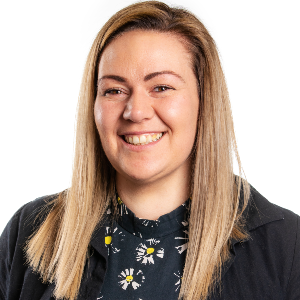
Scottish ministers are being warned about 'harmful' long waits for diagnoses with neurodevelopmental disorders.
As well as autism, such disorders can include communication disorders, attention-deficit/hyperactivity disorder (ADHD) and neurodevelopmental motor disorders, including tic disorders.
The worse case reveals one patient waited more than four years to have their condition confirmed.
The data comes on World Autism Awareness Day.
The party's leader Alex Cole-Hamilton said:
“For parents and children waiting on a diagnosis to open the door to support services, these revelations will be depressingly familiar.
“These inordinate waits can be particularly harmful for children with autism and neurodevelopmental concerns. It only delays a diagnosis that will be key to making sure they get the help they need in other aspects of their lives.
“Scottish Liberal Democrats have repeatedly called for better support, and now it’s time for the Scottish Health Secretary to listen and act to ensure that all those waiting get the help they need.”
His comments came as the Scottish Children’s Services Coalition (SCSC) called for greater resources to be provided to support children and young people with additional support needs.
A Scottish Government spokesperson said: “Spending on additional support for learning reached a record high of £926 million in 2022-23.
“The latest statistics also show that our continued investment of £15 million per year has supported the increase of FTE pupil support staff by 725 (4.4%), bringing the total number of support staff in Scotland in 2023 to 17,330 – the highest recorded level.
“We have also continued to invest £11 million to directly support pupils with complex additional support needs.
“We are working with partners to enhance neurodevelopmental support before and after autism diagnosis, including prioritising investment, and recognise that long waits are unacceptable.
“The National Neurodevelopmental Specification for Children and Young People makes clear that support should be put in place to meet the child or young person’s requirements when they need it, rather than be dependent on a formal diagnosis.”


 Complex repairs needed to A96 bridge
Complex repairs needed to A96 bridge
 Police appeal for help to trace stolen car
Police appeal for help to trace stolen car
 Council leaders to ask Scottish Government for more money to avoid bin strikes
Council leaders to ask Scottish Government for more money to avoid bin strikes
 New zero emission buses to come to Scotland
New zero emission buses to come to Scotland
 17°C
17°C
 17°C
17°C